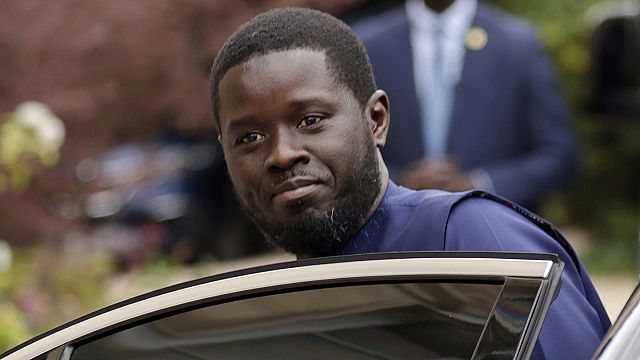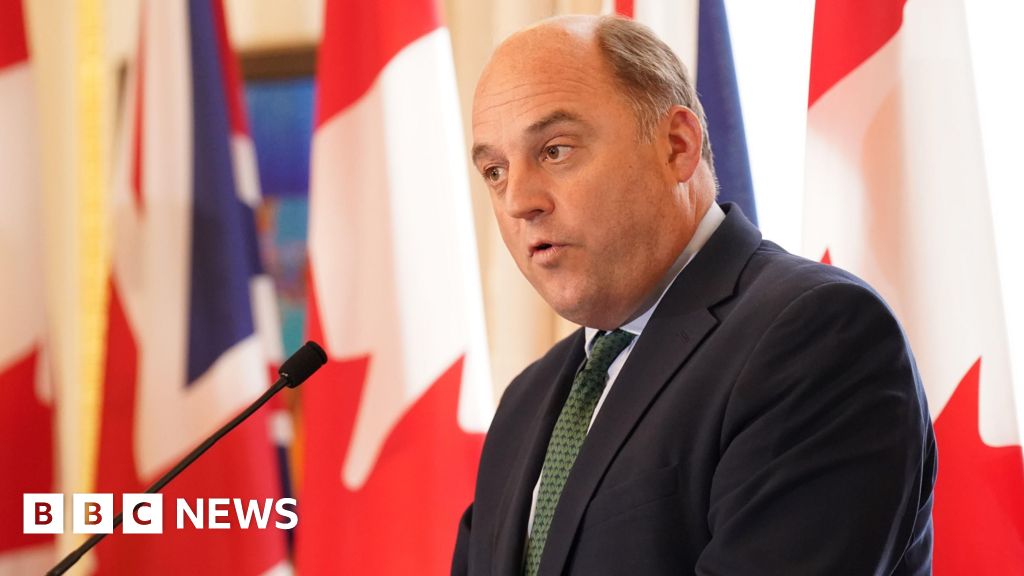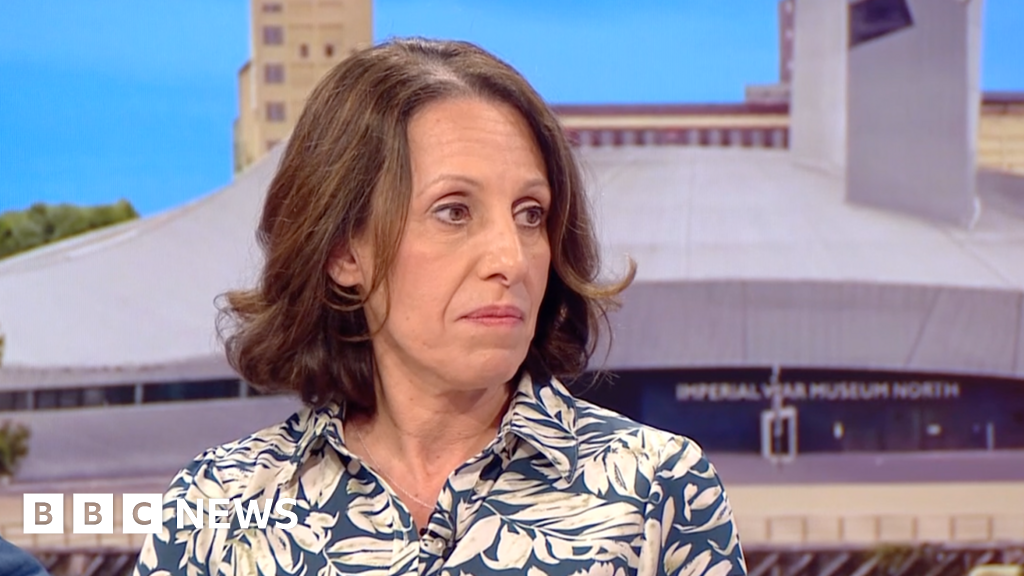Senate Advances Trump Clawback of Foreign Aid and Public Broadcast Funds


The Senate on Tuesday voted to take up legislation to claw back $9 billion for foreign aid and public broadcasting, signaling that the Republican-led Congress is poised to acquiesce to President Trump in a simmering battle with the White House over spending powers.
The 51-to-50 vote came after Republican leaders agreed to a handful of concessions to win the votes of holdouts who were uneasy with the proposed rescissions. G.O.P. leaders said on Tuesday they would strip out a $400 million cut that Mr. Trump requested to the President’s Emergency Plan for AIDS Relief, known as PEPFAR, a move that the White House signaled it would not contest.
Even then, some Republican senators refused to support a move that they said would relinquish their constitutional power over federal spending, forcing their leaders to summon Vice President JD Vance to the Capitol to break a tie and ram the legislation through a pair of procedural votes.
“We’re lawmakers; we should be legislating,” Senator Lisa Murkowski of Alaska said in a speech on the Senate floor on Tuesday night announcing her opposition to the package. “What we’re getting now is a direction from the White House and being told, ‘This is the priority. We want you to execute on it. We’ll be back with you with another round.’ I don’t accept that.”
She was joined by two other Republicans in siding with Democrats in opposition to advancing the measure: Senators Susan Collins of Maine, the chairwoman of the Appropriations Committee, and Mitch McConnell of Kentucky.
Senate Republicans are hoping to approve the package as early as Wednesday. That would send it back to the House, which passed the bill last month but would still need to give it final approval by Friday for the cuts to be enacted.
The push to rescind $9 billion in federal funding is part of a broader fight playing out between the White House and Congress as top Trump administration officials, led by Russell T. Vought, the director of the Office of Management and Budget, are moving aggressively and unilaterally to expand the executive branch’s control over federal spending, a power the Constitution gives to the legislative branch.
In this case, the administration went through a formal process by submitting what is known as a rescissions bill, requesting that Congress go along with its efforts to cancel funds. Such measures are rare and rarely succeed, given how tightly Congress has historically guarded its power over federal spending; the last time one did was more than 25 years ago under President Bill Clinton.
But Republicans have shown extraordinary deference to Mr. Trump since he took office in January, and the bill’s momentum reflects their willingness to bow to his wishes even when it comes to programs that have historically drawn broad support. The measure would codify moves the administration has in some cases already taken unilaterally to slash federal spending and rein in the size of the government.
The bulk of the funds targeted — about $8 billion — is for foreign assistance programs. The remaining $1.1 billion is for the Corporation for Public Broadcasting, which funds NPR and PBS.
The request has infuriated Democrats, who have accused Republicans of reneging on the bipartisan spending deal they wrote and approved.
“If there’s a discrete pot of funding that is not being spent well, if there are cuts that makes sense to include, if there are things that need to be updated, things that need to be reformed, let’s have a conversation about what makes sense to rescind and improve as we write those bills in committee,” said Senator Patty Murray of Washington, the top Democrat on the Appropriations Committee.
A number of Republicans were also plainly unhappy with the request.
It moved forward over the objections of Ms. Collins, who voted on Tuesday against moving it out of her own committee. She had pressed Mr. Vought for details on the measure at a hearing this month, arguing that the request his office submitted to Congress was overly broad.
“The rescissions package has a big problem — nobody really knows what program reductions are in it,” Ms. Collins said in a statement on Tuesday. “That isn’t because we haven’t had time to review the bill. Instead, the problem is that O.M.B. has never provided the details that would normally be part of this process.”
She said she recognized “the need to reduce excessive spending” and had backed rescissions initiated by Congress.
“But to carry out our constitutional responsibility, we should know exactly what programs are affected and the consequences of rescissions,” Ms. Collins said.
And even some Republicans who voted to advance the package said they were not thrilled with the precedent they were setting.
“It concerns me as perhaps approaching a disregard for the constitutional responsibilities of the legislative branch under Article 1,” Senator Roger Wicker of Mississippi, the chairman of the Armed Services Committee, said. “This Congress will not be allowed to choose those specific cuts. That will be done by somebody in the Office of Management and Budget in the White House and in this situation, it will amount to the House and Senate basically saying, ‘We cede that decision voluntarily to the executive branch.’”
Still, Senate Republicans on Tuesday appeared ready to fulfill the rest of the White House’s rollback request, which has largely already been enacted by executive order and the Department of Government Efficiency. The bill requires only a simple majority vote to pass.
Many Republicans initially balked at slashing $1.1 billion for the Corporation for Public Broadcasting, which funds more than 1,500 public television and radio stations across the country, including NPR and PBS stations.
If the package is enacted, the federal funding for public media will dry up beginning in October. NPR and PBS would survive — they get a small percentage of their funding from the federal government — but the cuts would force many local stations to sharply reduce their programming and operations. Many public broadcasters receive more than 50 percent of their budgets from the Corporation for Public Broadcasting.
“I’m a supporter of the Corporation for Public Broadcasting,” Senator Lisa Murkowski, Republican of Alaska, said last month, adding that she was going to try to make sure the funding continued to flow. “It’s a lifeline for many of my small, rural communities.”
But last week, Mr. Trump urged lawmakers to support the cuts, and threatened to withhold his support for any Republican who opposed the proposal. White House officials, including Mr. Vought, have made clear that they intend to send Congress additional requests to rescind funds.
Senator Mike Rounds of South Dakota, who had previously expressed deep qualms with the request, said he would support the package after being assured by top Trump administration officials that they would steer unspent funds “to continue grants to tribal radio stations without interruption” for next year.
“Some of them are 80 to 85 percent funded by this program,” Mr. Rounds said. “They wouldn’t have survived without this. But they provide emergency services information for some of the most rural parts of our country in some of the poorest counties in the United States.”
Benjamin Mullin and Megan Mineiro contributed reporting.
What's Your Reaction?
 Like
0
Like
0
 Dislike
0
Dislike
0
 Love
0
Love
0
 Funny
0
Funny
0
 Angry
0
Angry
0
 Sad
0
Sad
0
 Wow
0
Wow
0







































